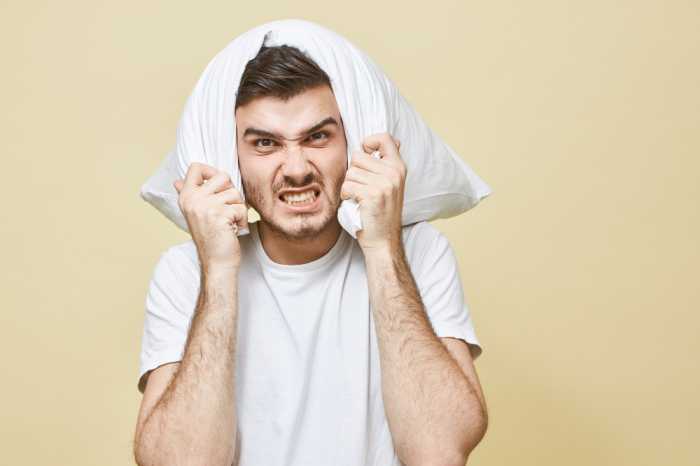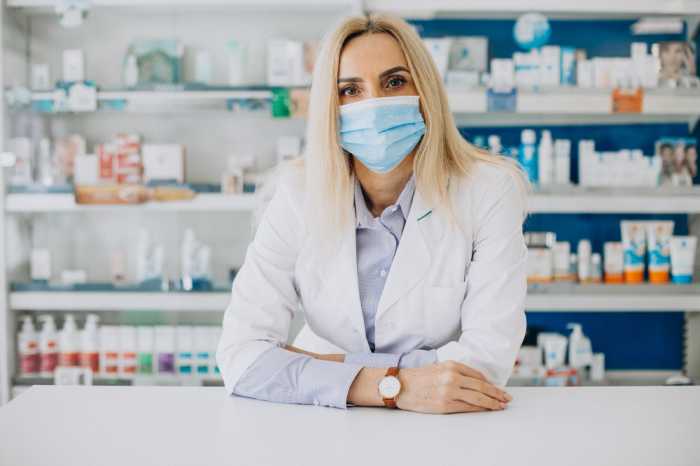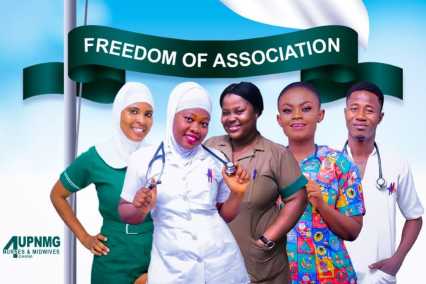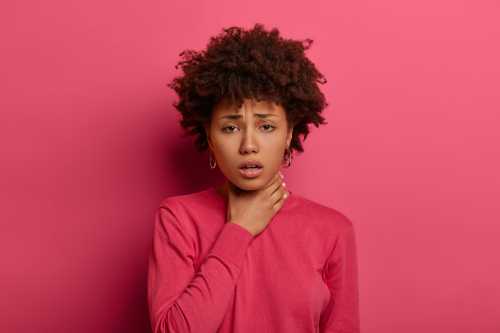Unfortunately, many of us in society today are unknowingly suffering from chronic sleeplessness. Sleeplessness (insomnia) is the inability to sleep for the recommended duration for sleep which is 7 – 9 hours per day [National Sleep Foundation]. Sleepless has been associated with many health consequences (1, 2, 3). Click here to read about how lack of good sleep causes headaches.
What causes sleeplessness at night?
In order to meet societal pressures, individuals are suffering from chronic insomnia. Some believe that going to bed late and waking up early enhances one’s prosperity or success. It is important to know that having adequate sleep renders significant health benefits including neural development, learning, memory, emotional regulation, cardiovascular function, metabolic function, and cellular toxin removal (4).
Common causes of sleeplessness or insomnia
Some of the common causes of sleeplessness include;
- Late-night drinking of tea, coffee, Lipton, caffeinated drinks, smoking, and others (5).
- Taking any of these drinks after 7 pm is likely to affect the duration of sleep. They are considered psychostimulants and hence, can impair the onset and duration of sleep.
- Using a mobile phone or laptop or any electronic device while in bed increases the time required to fall asleep and reduces total sleep and the quality of sleep as well (6).
- Taking certain medications such as tamsulosin (alpha-blockers), propranolol (some beta-blockers), prednisolone (corticosteroids), fluoxetine (serotonin reuptake inhibitors), lisinopril (ACEIs if associated with cough), donepezil (cholinesterase inhibitors), atorvastatin (lipid-soluble statins), and others (7). Consult your doctor or pharmacist for alternatives or dose adjustments in case you feel one of the above drugs may be responsible for your sleeplessness.
- Stress. Having a lot to do, especially with school work (assignment and exams), at work, having to meet deadlines, dealing with appointments, all contribute to insomnia in one way or another (8). Recommendation: ensure appropriate time management or apportionment so that one can do what is required at a time. The brain needs ‘rest’ as well in order to function effectively and hence, the need to reduce stressful events.
- Certain medical conditions can result in insomnia. For example diabetes (nocturia), hypertension, chronic pain (cancer, fractures, trauma, etc), anxiety disorder, chronic kidney disease (CKD), and many others (9). Hence, insomnia that’s not responding to lifestyle changes should be investigated to identify underlying causes.
- Pregnancy. It’s been found to be associated with restless leg syndrome (mechanism unknown), discomfort (due to weight changes), nocturia, reflux, disrupted breathing (expansion or growth of the uterus reduces lung expansion) and all these affect sleep (8). More than half of pregnant women report sleep disorders during this period and this is consistent with sleeplessness (10).
How does sleeplessness affect my health?
Insomnia has been found to result in development of depression, cardiovascular conditions such as hypertension, coronary heart disease and heart failure.
Sleeplessness is not only associated with CVD risks but also insulin resistance and diabetes as well as mental or psychological disorders.
Also, insomnia affects day time activities by reducing concentration, causing fatigue, malaise, reduced energy at work, increased errors at work, road accidents, and reduced general productivity (11).

What Should I Do to Make Me Sleep Well at night?
- Develop a regular sleeping time. Going to bed at the same time each day makes the body or system develop that ability to ‘shutdown’ within that time period everyday (12). Maintaining a regular sleep pattern helps prevent insomnia and maintains the normal circadian rhythm.
- Avoid taking coffee, tea or stimulants late in the night since these could delay sleep onset as well as the quality (5).
- Consult your doctor for a change in medication if one suspects the sleeplessness is due to a medication one is taking either from a prescription or over the counter. Especially if one is taking those medications listed above (7).
- Avoid drinking lots of water late in the evening since this might result in night time urinating (nocturia) and impair quality of sleep. Also, diuretic drugs (waterpills) prescribed for hypertension eg. furosemide and bendroflumethiazide causes frequent urination and may affect sleep. Hence, these medications should be taken in the morning.
- Appropriate time management to reduce stressful events also helps in preventing insomnia.
- Keep phones off or away during bedtime to prevent distraction or usage. Try to take your mind off any disturbing thoughts and noise. Switch off television and laptops whilst on bed as one may be tempted to watch movies whilst on bed (6)
- Music is known to improve sleep hygiene and enhance one’s ability to fall asleep quickly and with ease as one feels relaxed. However, if the music is just a source of noise and distracts your sleep, put it off.
When should I see a doctor if I can’t sleep at night?
Consult with the doctor when one is still not able to sleep with adherence to all the recommendations given above. Avoid buying medications without prescription at the pharmacy for sleeplessness or insomnia.
Conclusion
Sleeplessness is harmful to your health, and hence, sleep adequately for 7 to 9 hours a day. This would keep you mentally sound, energetic, and more productive.
References
- James Horne, 2016. Sleeplessness. Palgrave Macmillan
- Mary A Carskadon, 2004. Sleep deprivation: health consequences and societal impact. Medical Clinics 88 (3), 767-776, 2004.
- Robert E. Robert’s, Catherine Ramsay Roberts , Hao T. Duong, 2009. Sleepless in adolescence: Prospective data on sleep deprivation, health and functioning. Journal of Adolescence. Volume 32, Issue 5, October 2009, Pages 1045-1057. https://doi.org/10.1016/j.adolescence.2009.03.007.
- Sutapa Mukherjee, Sanjay R. Patel, Stefanos N. Kales, Najib T. Ayas, Kingman P. Strohl, David Gozal, and Atul Malhotra; 2015. The importance of healthy sleep. Recommendations and future priorities. American journal of respiratory and critical care medicine 191 (12), 1450-1458, 2015.
- Dr. Nilong Vyas, updated January 2021. Caffeine and sleep. https://www.sleepfoundation.org/nutrition/caffeine-and-sleep.
- Bruni O, Sette S, Fontanesi L, Baiocco R, Laghi F, Baumgartner E. Technology use and sleep quality in preadolescence and adolescence. J Clin Sleep Med 2015;11(12):1433 –1441.pii:jc-00082-15 http://dx.doi.org/10.5664/jcsm.5282.
- https://www.aarp.org/health/drugs-supplements/info-04-2013/medications-that-can-cause-insomnia.html
- https://www.sleepfoundation.org/insomnia/stress-and-insomnia.
- Anett V Lindner, Marta Novak, Miqdad Bohra, Istvan Mucsi, 2015.Insomnia in patients with chronic kidney disease. Seminars in nephrology 35 (4), 359-372, 2015.
- Kızılırmak, A., Timur, S., & Kartal, B. (2012). Insomnia in pregnancy and factors related to insomnia. TheScientificWorldJournal, 2012, 197093. https://doi.org/10.1100/2012/197093.
- Sogol Javaheri, MD, MPH, Susan Redline, MD, MPH, 2017. Insomnia and risk of cardiovascular disease. CHEST 934, doi:10.1016/j.chest.2017.01.026.
- https://www.wakefit.co/blog/go-bed-time-every-night/
National Sleep Foundation (2015). National Sleep Foundation Recommends New Sleep Times. Retrieved from https://www.sleepfoundation.org/press-release/national-sleep-foundation-recommends-new-sleep-times. [Accessed on 31 December 2020]








6 Comments